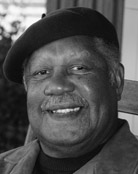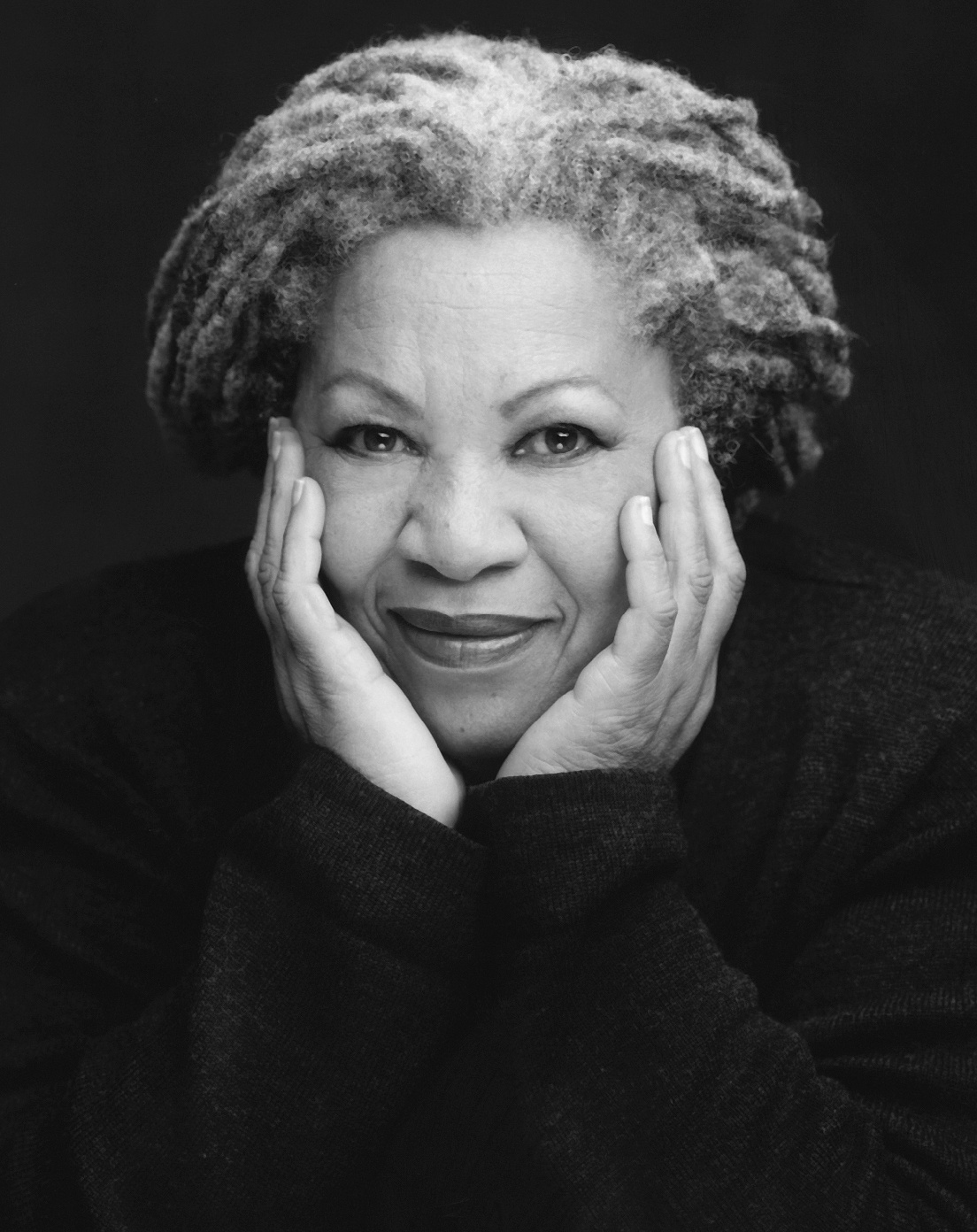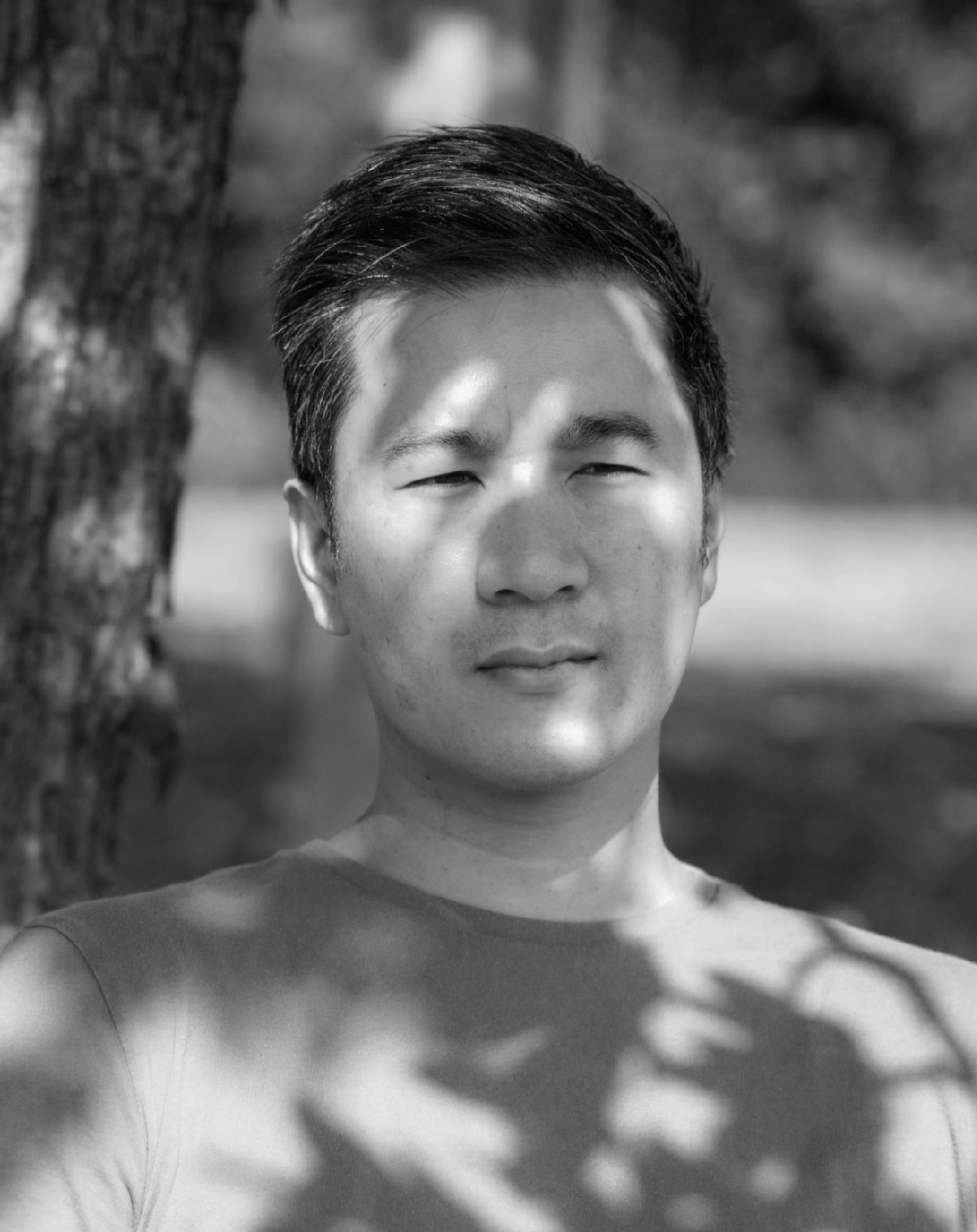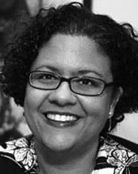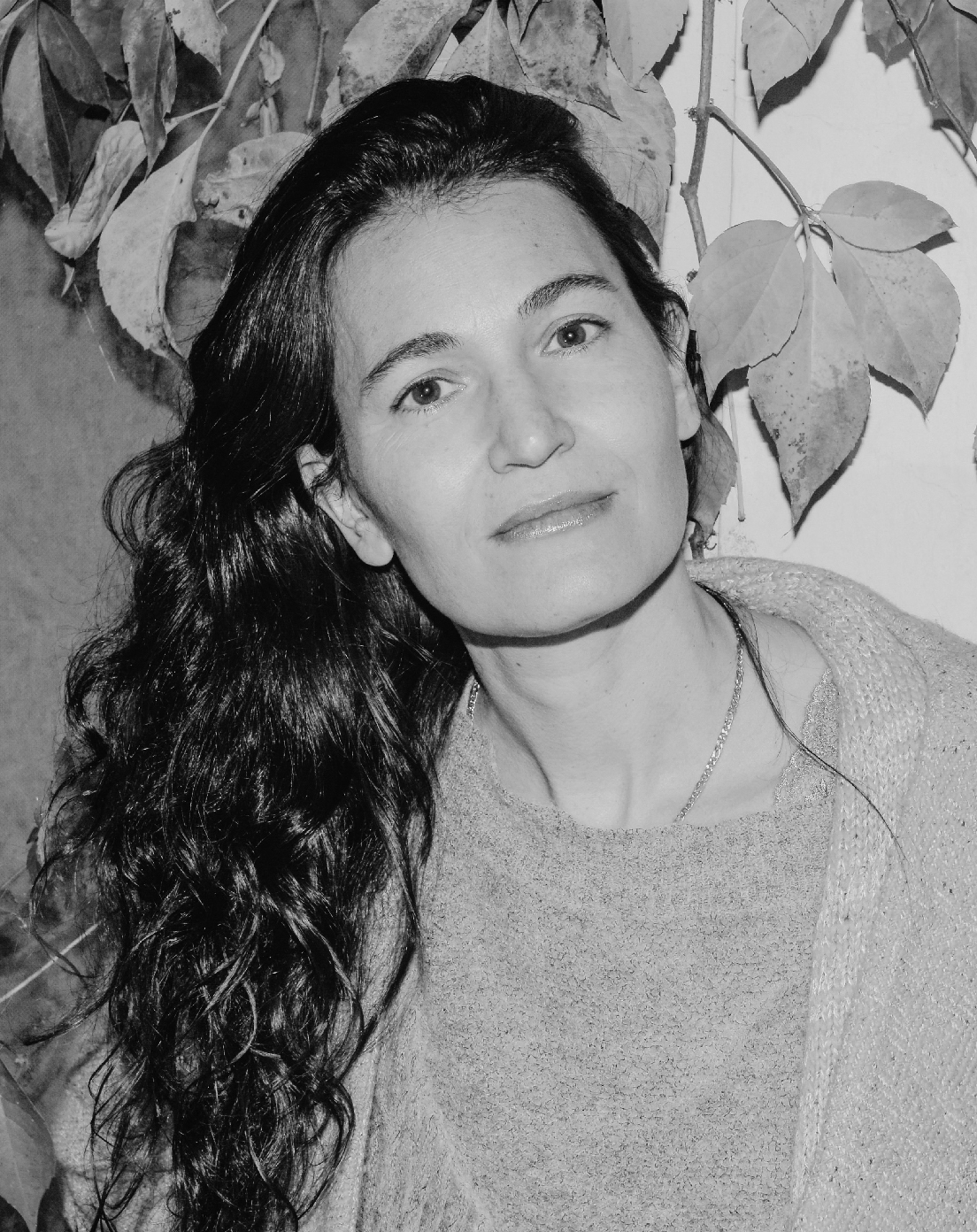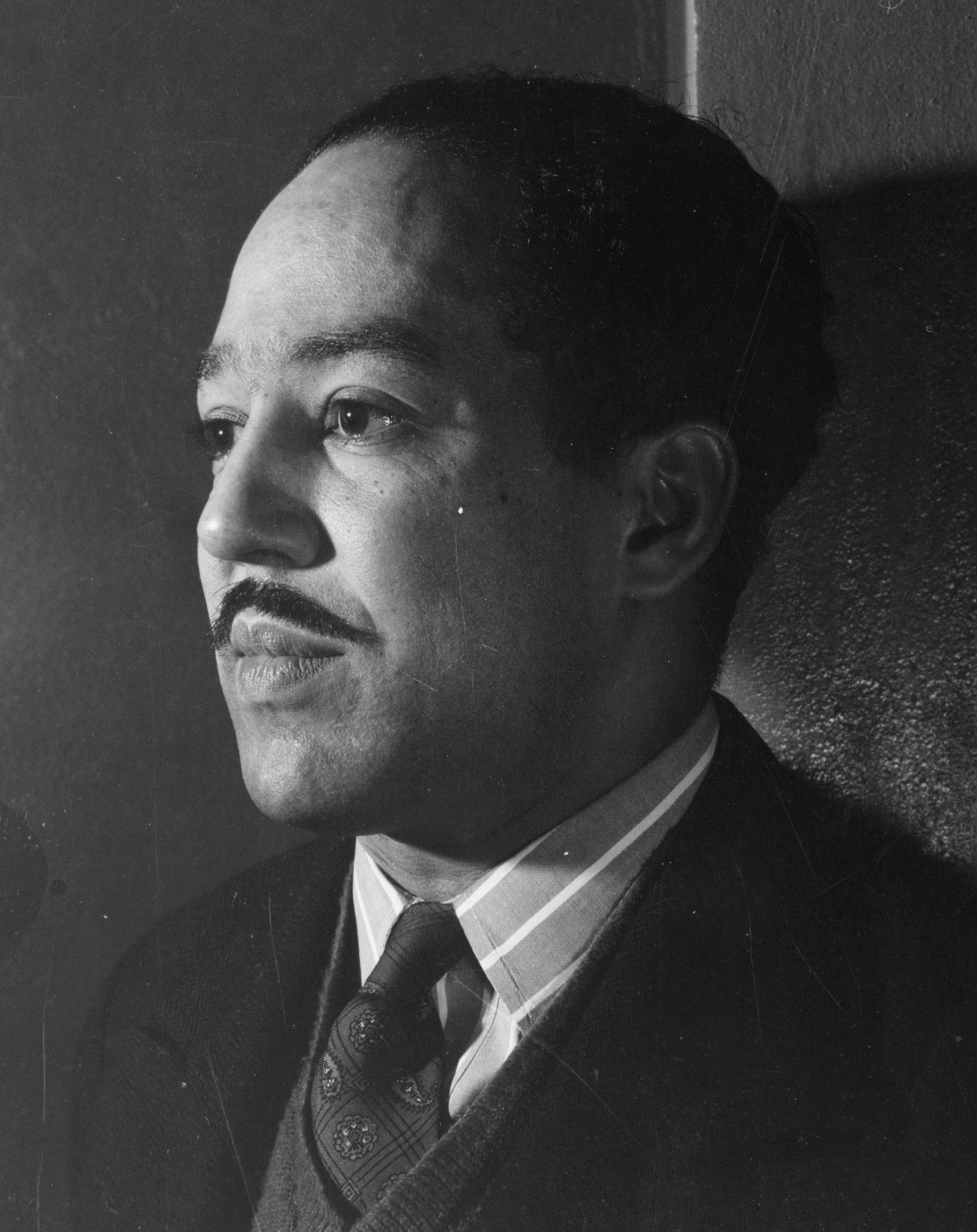Good evening. I’m Ronn Richard, president and CEO of the Cleveland Foundation. It’s my great pleasure to welcome you to the 76th annual Anisfield-Wolf Book Awards ceremony.
I can’t tell you how thrilling it is to see a full house for our opening night here in Playhouse Square.We will always think back upon our years at the Cleveland Play House with nostalgia. But the change in venue didn’t slow demand for almost 1,000 tickets, most of which were snapped up the first week. That’s a testament to the respect this prize commands – and to you. Never let it be said that any group anywhere can out-read Clevelanders!
I want to extend a special greeting to our internet audience. We’re streaming our ceremony live, thanks to a collaboration between Playhouse Square and Ideastream.The webcast will be posted on our retooled website, www.Anisfield-Wolf.org, which I urge you to check out. Also be sure to visit our new Twitter feed, YouTube channel, and Facebook page. I think you’ll be amazed at what you see.
The revamped site is a bookworm’s delight. You’ll find information on every winning title and author dating back to the first award in 1936. You’ll be able to access data you could never get before. If you want to know which winners have Pulitzer prizes or MacArthur fellowships, it’s right there at your fingertips.On our new blog, you can submit questions and comments as well. Whatever you want to do, it’s easy. We’re very excited about this upgrade, and we think you will be, too.
Introduction of Poet
For the last three years, we’ve celebrated not only our winning authors, but also an emerging young poet from our own backyard. This recent tradition continues tonight with Essence Cain, a sixth-grade student at Miller South School for Visual and Performing Arts, just down the road in Akron.
Essence will recite a poem she and her classmates wrote for “Speak Peace,”an international youth arts program created by Kent State University’s Wick Poetry Center. American children in the program wrote poems in response to paintings created by Vietnamese children.
You’ll see tonight’s poem and the painting that inspired it on the screen behind us. They’re part of an exhibit currently touring the United States. It’s my pleasure to present Essence Cain with “In the Flower Market.”
Thank you, Essence. Your parents, Terri and Doran, and your mentor, Nicole Robinson, are here tonight, and I’m pretty sure you’ve made them the proudest people in the room. Please join me in another round of applause for Essence and for the classmates she so ably represents.
Introductory Remarks
We gather here tonight, just days after the 10-year remembrance of one of the most villainous crimes in recent history, perpetrated against our nation and humanity – a mass murder that wiped out almost 3,000 innocent lives in less than two hours. I’m sure that for you as for me, the commemorative events of recent days reawakened the shock and horror we all felt as the smoke and debris from the collapsed Twin Towers blotted out the sun on what had begun as a picture-perfect day.
Back then, as details of the hijackers and their plot emerged, a simple question formed in our minds: How could anyone hate that much? Regrettably, the years since have shown that the hijackers and their co-conspirators had no monopoly on hatred.
Think about it: On September 10, 2001 – when most Americans had yet to become acquainted with Al-Qaeda and Osama bin Laden – could any of us have foreseen the intensity of anti-Islamic sentiment that we struggle with to this day?
The bitter fruit of this harvest of hate is all around us. On this side of the Atlantic, it surfaces whenever some publicity-driven zealot threatens to burn the Koran, or some shameless politician spews sinister warnings of a stealth campaign to establish an Islamic Republic of America. Meanwhile, across Europe, violence flares. It would be far too simplistic to blame this summer’s street riots in Britain on multiculturalism, as some have done.
But few would argue that immigration has stoked popular fears and strident political rhetoric aimed at Muslims in particular. Bigotry and intolerance poison our airwaves. Each day, we’re bombarded with decidedly uncivil discourse that seeks to divide and discriminate according to race, ethnicity, religion, sexual preference, political affiliation, even physical and cognitive ability.
These are the human rights issues of our time, here and now. We can trace their evolution through the Anisfield-Wolf Book Awards. In earlier decades, the winning titles dealt largely with racial injustice and anti-Semitism in America and Europe – topics that will never lose their relevance. But in the last 15 years – and post-9-11 in particular – new voices have joined the chorus. They bring different experiences and perspectives that mirror the diversity of today’s global society. Thus, we get glimpses of the world through the eyes of immigrant and first-generation authors who trace their ancestry to Mexico, Puerto Rico, Haiti, the Dominican Republic, Pakistan, Vietnam, Somalia, and Nigeria.
I think this inclusiveness would please Edith Anisfield Wolf. Edith loved literature, and she saw it as a catalyst to spark dialogue, which she believed was essential to bridging distrust and misunderstanding. In our contentious society, where opposing sides compete to shout each other down, Edith inspires us with her quiet, steadfast belief in the power of the written word to help shape a better world.
Taylor Branch, winner of an Anisfield-Wolf prize and a lifetime achievement award, put it far more eloquently than I could when he said, and I quote: “The Anisfield-Wolf Book Awards … summon minds and hearts to ponder the relationship of human beings to those perceived as ‘the other.’ No purpose opens such vast heartache, and abiding hope, in the cause of democratic justice for our world.”
Edith’s vision endures. Now, it’s up to us to confront the prejudices that define our own times. Whether the current controversy is about the siting of a mosque, the accessibility of a public venue, a promotion denied due to sexual orientation, or yet another throwback to Jim Crow, the question our inner voice should be posing is: “Where is the Edith in me?”
Introduction of Guests and Winners
Before yielding the podium, I’d like to recognize a few special guests.
I’d like to salute Charles Bolton, the deeply dedicated chair of the Cleveland Foundation’s Board of Directors, and all current and past board members who are here tonight. Please stand and accept the community’s thanks for your outstanding service.
Finally, I have the great honor of sharing the stage with one of Cleveland’s leading ladies, in every sense of the phrase: Dee Perry, senior host and producer of WCPN’s daily magazine talk show, “Around Noon.” If you’ve spent any time around Cleveland, you know Dee. Her soothing voice has graced the local broadcasting scene since 1976. She’s made her radio home at WCPN, Cleveland’s public radio station, since 1989. Radio isn’t her only medium. Dee also hosts and produces “Applause,” the weekly arts and culture series on WVIZ/PBS.
Yesterday, we learned that our Anisfield-Wolf jury chair, Dr. Henry Louis Gates Jr. of Harvard University, was ill and would be unable to travel here to serve as our emcee, a role he has filled the past eight years. We needed a pro, and we needed one now. We immediately thought of Dee, who has long been a rock-solid supporter of this event. She graciously agreed to step in – and added that she was thrilled to have the opportunity. Dee, we are just as thrilled to have you up here. Welcome to the Anisfield-Wolf stage, and thank you.
Earlier this year, Dr. Gates and four nationally renowned jurors reviewed more than 200 submitted works before selecting just four that they deemed worthy of the prize. Tonight, we will listen to and celebrate the 2011 Anisfield-Wolf honorees:
Our lifetime achievement award goes to author John Edgar Wideman, whose body of work includes:
Now, here to tell you more about tonight’s winners, ladies and gentlemen, please join me in greeting tonight’s emcee, Dee Perry.
Acknowledgments
Thank you, Dee. To all six of our 2011 honorees, thank you for inspiring us with the beauty of your language, the rigor of your research, and your commitment to your craft. You’ve given us an unforgettable evening. I think our jury has outdone itself again. In addition to Skip Gates, this amazing group includes Rita Dove, Joyce Carol Oates, Steven Pinker, and Simon Schama. Our thanks to them for helping us sustain the legacy of a cherished daughter of Cleveland: Edith Anisfield Wolf.
I also want to acknowledge Mary Louise Hahn, the prime mover behind this event. Each year, she brings her passion for literature, her deep knowledge of the prize’s heritage, and her delightful sense of humor to steer us to safe harbor. Mary Louise, please stand and be recognized. Mary Louise would be the first to say she gets by with a little help from her friends. Thanks to the Cleveland Foundation board and staff, with a special nod to Cindy Schulz, Elizabeth McIntyre, and Terry Pederson of our Public Affairs team.
We’re fortunate to partner with some first-class organizations that have rallied around this event. To begin, many thanks to Playhouse Square for accommodating us this evening. We value our close tie with the Baker-Nord Center for the Humanities at Case Western Reserve University, where David Eltis and David Richardson lectured yesterday. Afterward, the center hosted a reception for them and for Lisa Nielson, the first Anisfield-Wolf/SAGES fellow, who will lead several classes dedicated to issues of race and diversity. Welcome to Cleveland, Lisa. We’re so pleased to have you here. For many years, we’ve enjoyed strong support from the Cuyahoga County Public Library and the Cleveland Public Library, which houses the complete collection of Anisfield-Wolf winners. A Cultural Exchange is our hard-working, award-winning book sale partner.
I hope you caught our honorees today on Ideastream. Our nonfiction winners were hosted by Mike McIntyre on “The Sound of Ideas.” Our fiction winners and John Edgar Wideman were guests on “Around Noon” with none other than Dee Perry. The community interaction continues at noon tomorrow when Isabel Wilkerson – whose book made President Obama’s vacation reading list – will speak at the Cleveland City Club’s renowned Friday forum.
Presentation of Prizes
Now, it’s my pleasant duty to present our honorees with their 2011 Anisfield-Wolf Book Awards. In addition to a monetary stipend, each winner receives a signature glasswork hand-crafted exclusively for the Anisfield-Wolf Book Awards by the artisans of Streets of Manhattan, a creative glass studio in Cleveland. Our winners’ glass mementos reflect the colors of their book jackets.
Please stand for a final round of applause as our honorees receive their prizes.Thank you for being here tonight. We hope to see you again next year. Please travel safely.
CLEVELAND, Ohio (April 12, 2011) – The Cleveland Foundation today announced the winners of the 76th Annual Anisfield-Wolf Book Awards www.Anisfield-Wolf.org
They are:
- Nicole Krauss, Great House, Fiction
- Mary Helen Stefaniak, The Cailiffs of Baghdad, Georgia, Fiction
- David Eltis/David Richardson, Atlas of the Transatlantic Slave Trade, Nonfiction
- Isabel Wilkerson, The Warmth of Other Suns, Nonfiction
- John Edgar Wideman, Lifetime Achievement
“The 2011 Anisfield-Wolf winners are notable for the unique way each author addresses the complex issues of race and cultural diversity,” said Henry Louis Gates Jr., the Alphonse Fletcher University Professor and director of the W.E.B. Du Bois Institute for African and African-American Research at Harvard University, who serves as jury chair. “The books and authors honored this year stand out, not only for their creative and wide-ranging approach to difficult subject matter, but also for their underlying faith in our shared humanity.”
“Cleveland poet and philanthropist Edith Anisfield Wolf created this book prize more than 75 years ago because of her conviction that the issue of race was the most critical dilemma facing the United States. It was her fervent desire to break down stereotypes and encourage civil discourse so that future generations would be more appreciative of human diversity,” said Cleveland Foundation President and Chief Executive Officer Ronald B. Richard. “This prize remains a fitting testimony to the vision of a woman truly ahead of her time.”
About the Anisfield-Wolf Prize
The Anisfield-Wolf winners will be honored in Cleveland on September 15 at a ceremony hosted by the Cleveland Foundation and emceed by Jury Chair Gates. Rita Dove, Joyce Carol Oates, Steven Pinker and Simon Schama also served on the jury. The Cleveland Foundation has administered the book awards since 1963, upon the death of its creator, Edith Anisfield Wolf. The Anisfield-Wolf prize remains the only juried American literary competition devoted to recognizing books that have made an important contribution to society’s understanding of racism and the diversity of human cultures.
About the Cleveland Foundation
Established in 1914, the Cleveland Foundation is the world’s first community foundation and the nation’s second-largest today, with assets of $1.87 billion and 2010 grants of nearly $85 million. The foundation improves the lives of Greater Clevelanders by building community endowment, addressing needs through grantmaking, and providing leadership on vital issues. Currently the foundation proactively directs two-thirds of its flexible grant dollars to the community’s greatest needs: economic transformation, public education reform, human services and youth development, neighborhoods, and arts advancement.
For more information on the Cleveland Foundation, visit www.ClevelandFoundation.org.
